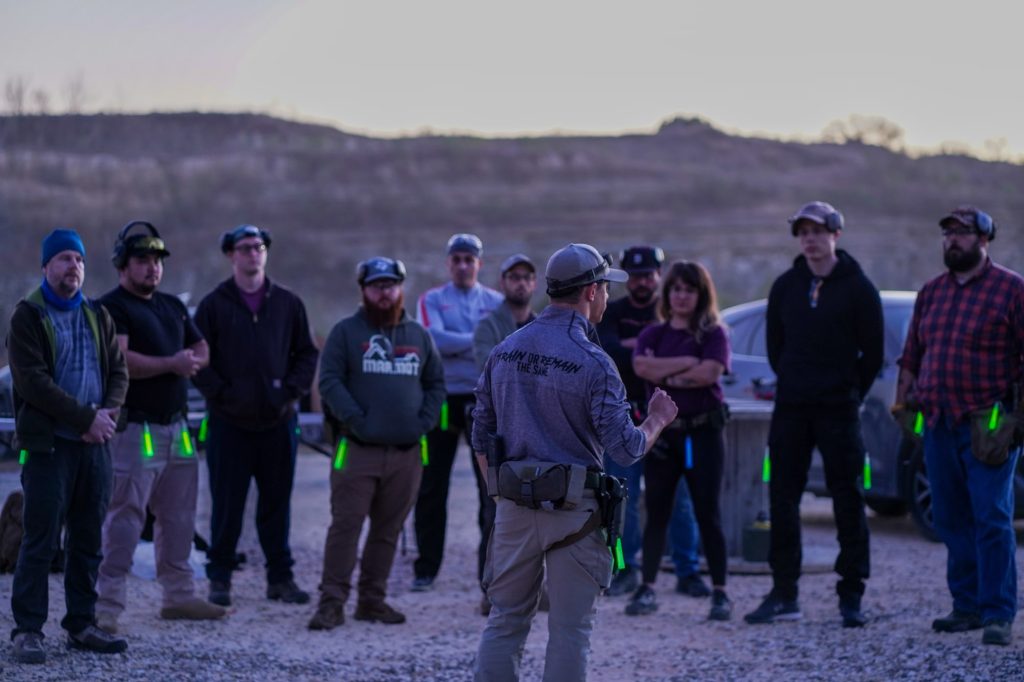Why self-defense and firearms training improves your leadership skills in ways you might not expect.
The ability to defend yourself and your team can be invaluable in a leadership role. It can provide a sense of security and assurance that the team is physically and psychologically protected. By learning self-defense and firearms training, leaders can gain an increased understanding of the importance of safety, risk management, and making sure everyone is prepared in the event of an attack.
Leadership is all about making decisions and taking action.
A leader must be able to assess a situation, make a decision, and then take the necessary steps to reach the goal. Self-defense and firearms training can help a leader develop this skill by teaching them how to assess a situation, identify potential threats, and take the necessary steps to protect the people under their care.



Self-defense training teaches the importance of remaining calm and making the best decisions possible in any given situation.
Leaders must be able to communicate effectively and confidently. Self-defense training can help a leader acquire these skills by teaching them how to communicate with others clearly and concisely. It provides an environment in which they can practice their communication skills, even in the most high-pressure scenarios.
Firearms training provides a platform for leaders to practice making quick and accurate decisions. It is equally important for them to know how to motivate and inspire their team by teaching them the importance of teamwork and managing stress, and conflict effectively.
Finally, self-defense and firearms training can help leaders develop critical thinking skills. The ability to assess a situation and make the best decisions is key for a leader to think critically and make the best decisions for their team.
Firearms training involves risk management, and understanding safety management, it allows practice for scenario-based activity.
Self-defense and firearms training enhances leadership skills and build confidence. A leader can gain an understanding of how to assess a situation, think critically, communicate effectively, and handle stressful and difficult situations. It helps leaders understand the importance of safety and risk management. Making sure everyone is prepared in the event of an attack. By learning these skills, a leader can be better prepared to lead their team and make the best decisions possible.
